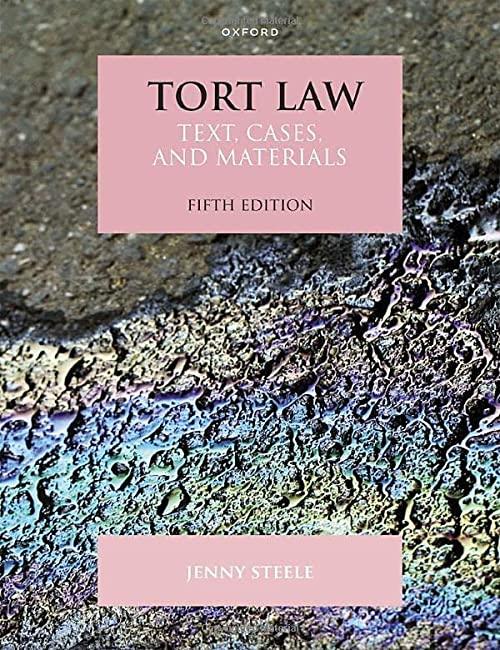Question
8.06 Principal's Consent (1) Conduct by an agent that would otherwise constitute a breach of duty as stated in 8.01, 8.02, 8.03, 8.04, and 8.05
8.06 Principal's Consent
(1) Conduct by an agent that would otherwise constitute a breach of
duty as stated in 8.01, 8.02, 8.03, 8.04, and 8.05 does not constitute a
breach of duty if the principal consents to the conduct, provided that
(a) in obtaining the principal's consent, the agent
(i) acts in good faith,
(ii) discloses all material facts that the agent knows, has
reason to know, or should know would reasonably affect the
principal's judgment unless the principal has manifested that
such facts are already known by the principal or that the
principal does not wish to know them, and
(iii) otherwise deals fairly with the principal; and
(b) the principal's consent concerns either a specific act or
transaction, or acts or transactions of a specified type that could
reasonably be expected to occur in the ordinary course of the agency
relationship.
(2) An agent who acts for more than one principal in a transaction
between or among them has a duty
(a) to deal in good faith with each principal,
(b) to disclose to each principal
(i) the fact that the agent acts for the other principal or
principals, and
(ii) all other facts that the agent knows, has reason to
know, or should know would reasonably affect the principal's
judgment unless the principal has manifested that such facts
are already known by the principal or that the principal does
not wish to know them, and
(c) otherwise to deal fairly with each principal.
Comment TTT
b. In general. This section defines the circumstances under
which conduct of a principal is effective as consent to conduct by an
agent that would otherwise constitute a breach of the agent's duties
of loyaltY
Instructions: BUSINESS LAW
hone in on the implications of section 8.06.
Here's what to do:
Recall particularly section 8.06 regarding Principal Consent. In this section, it is stated that "Conduct by an agent that would otherwise constitute a breach of duty . . . does not constitute a breach of duty if the principal consents to the conduct . . ." and goes on to explain the circumstances in which this is true.
After , answer the questions below in a post to this forum.
- Re-read sections 8.06 and its description.
- Why does the law not just prohibit these transactions rather than allow them with consent and disclosure?
- What do you think the law should be?
Step by Step Solution
There are 3 Steps involved in it
Step: 1

Get Instant Access to Expert-Tailored Solutions
See step-by-step solutions with expert insights and AI powered tools for academic success
Step: 2

Step: 3

Ace Your Homework with AI
Get the answers you need in no time with our AI-driven, step-by-step assistance
Get Started


